Thriving Earth Exchange is pleased to announce our October 2022 cohort of Community Science Fellows!
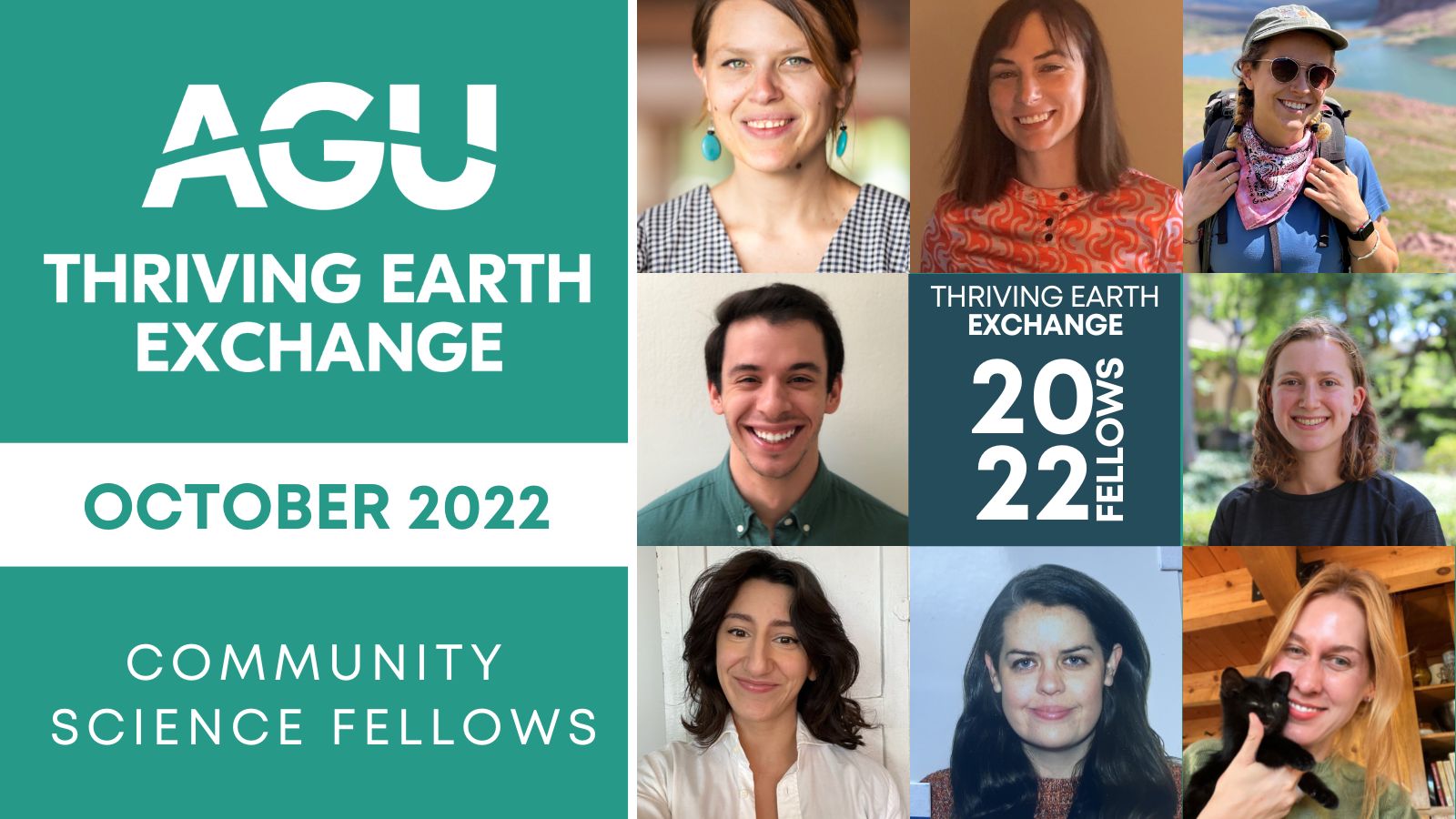
They’ll be working with communities from across the United States and Jamaica to launch impactful community science projects. The partnership will connect communities with scientists and technical experts and support them as they work together to tackle local challenges related to natural hazards, natural resources and climate change. Learn more about the communities they will be working with here! Stay tuned for more information about the impactful projects to come from this launch and the communities who lead and inspire them!
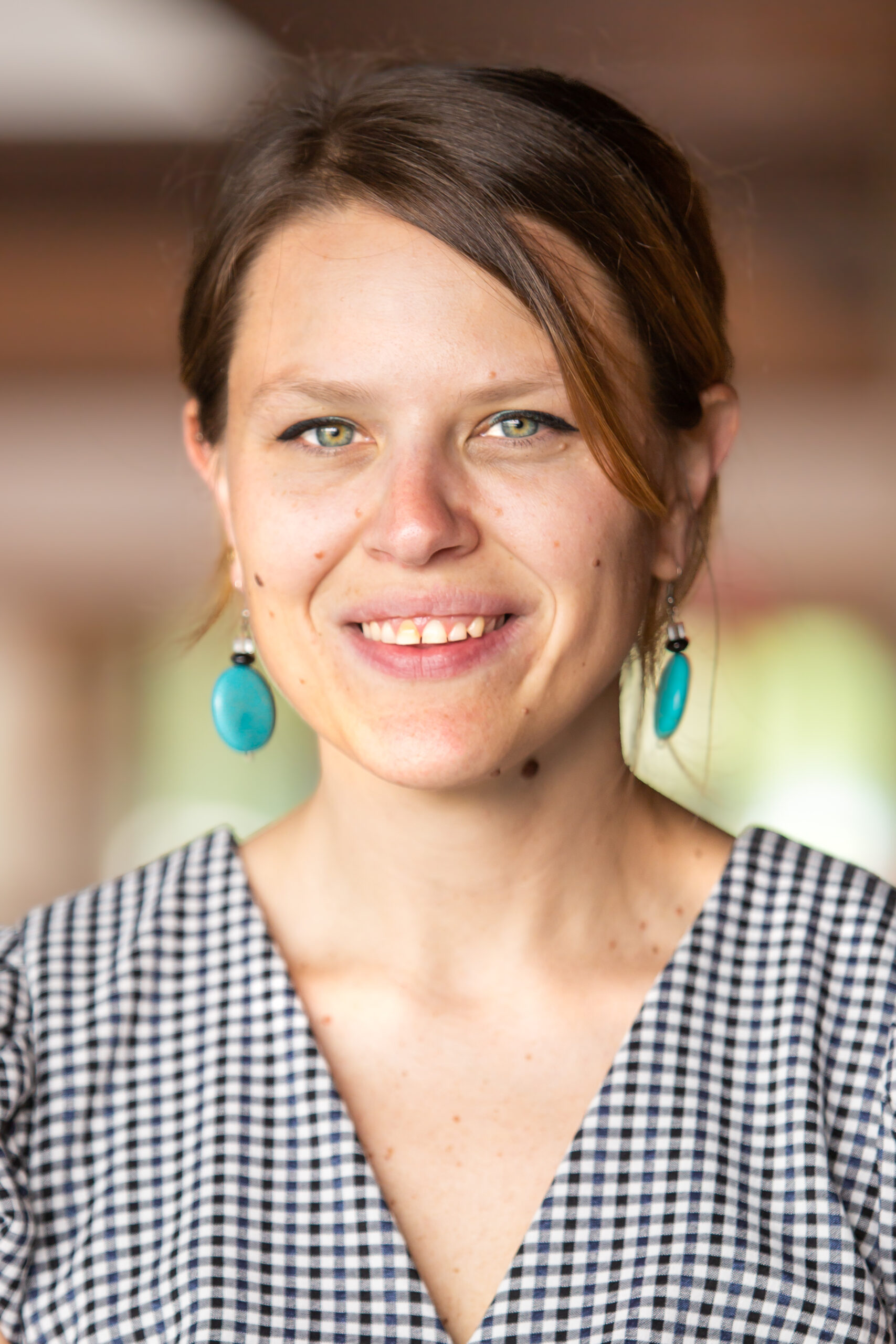
Adrianna Trusiak (she/her) is a research coordinator at the Great Lakes Bioenergy Research Center (GLBRC) based at Michigan State University. She supports research projects studying sustainable biomass production and processing for biofuel production. Trusiak is also the point-of-contact for GLBRC’s outreach activities at Michigan State University, including the summer undergraduate research program. She holds a Ph.D. in water geochemistry from the University of Michigan-Ann Arbor’s Earth and Environmental Sciences department. Prior to her work at GLBRC, Trusiak participated in the Arctic Long Term Ecological Research program at Toolik Field Station, AK where she studied impacts of climate change on the arctic carbon cycling. Adrianna is excited about joining the Thriving Earth Exchange Program and bridging the gap between scientists and the public by applying scientific solutions to address pressing environmental issues. Outside of work, Adrianna enjoys traveling, hiking, running, and teaching new tricks to her dog.
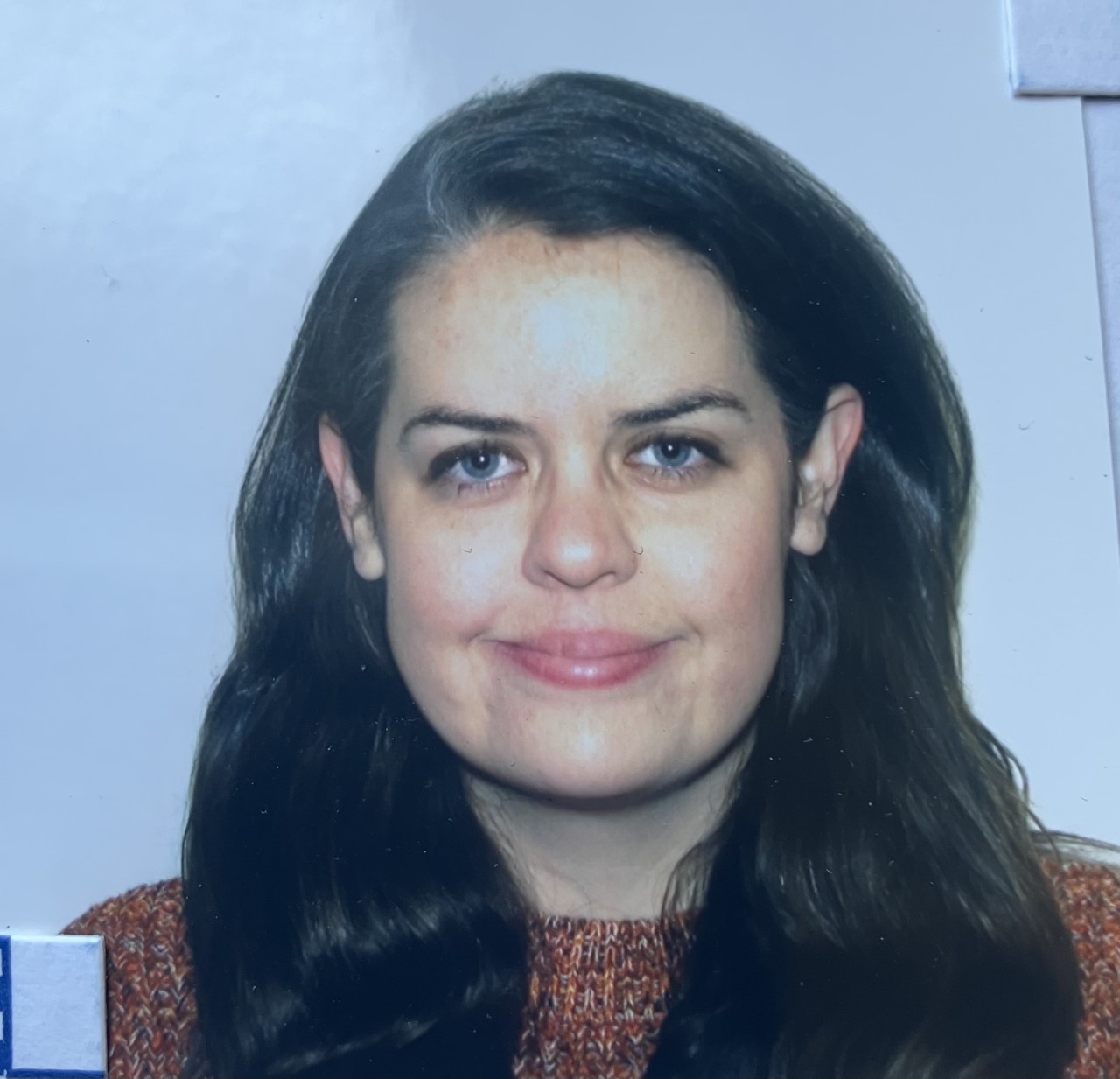
Brianna Truden is a Landscape Architect with the National Park Service- Rivers, Trails, and Conservation Assistance (RTCA) program who specializes in the planning and design of community-led outdoor recreation and conservation projects. As a project manager, she works with diverse stakeholder groups to collaboratively identify and accomplish dynamic community visions. Geographically she serves 5 different states in the Pacific West Region including Idaho, Washington, Oregon, California, and Nevada. She holds a Master of Landscape Architecture degree from the University of Idaho and has lived all over the Pacific West. She currently resides in Northwest Oregon where she likes to surf, ride her bike, enjoy nature, and practice her watercolor.
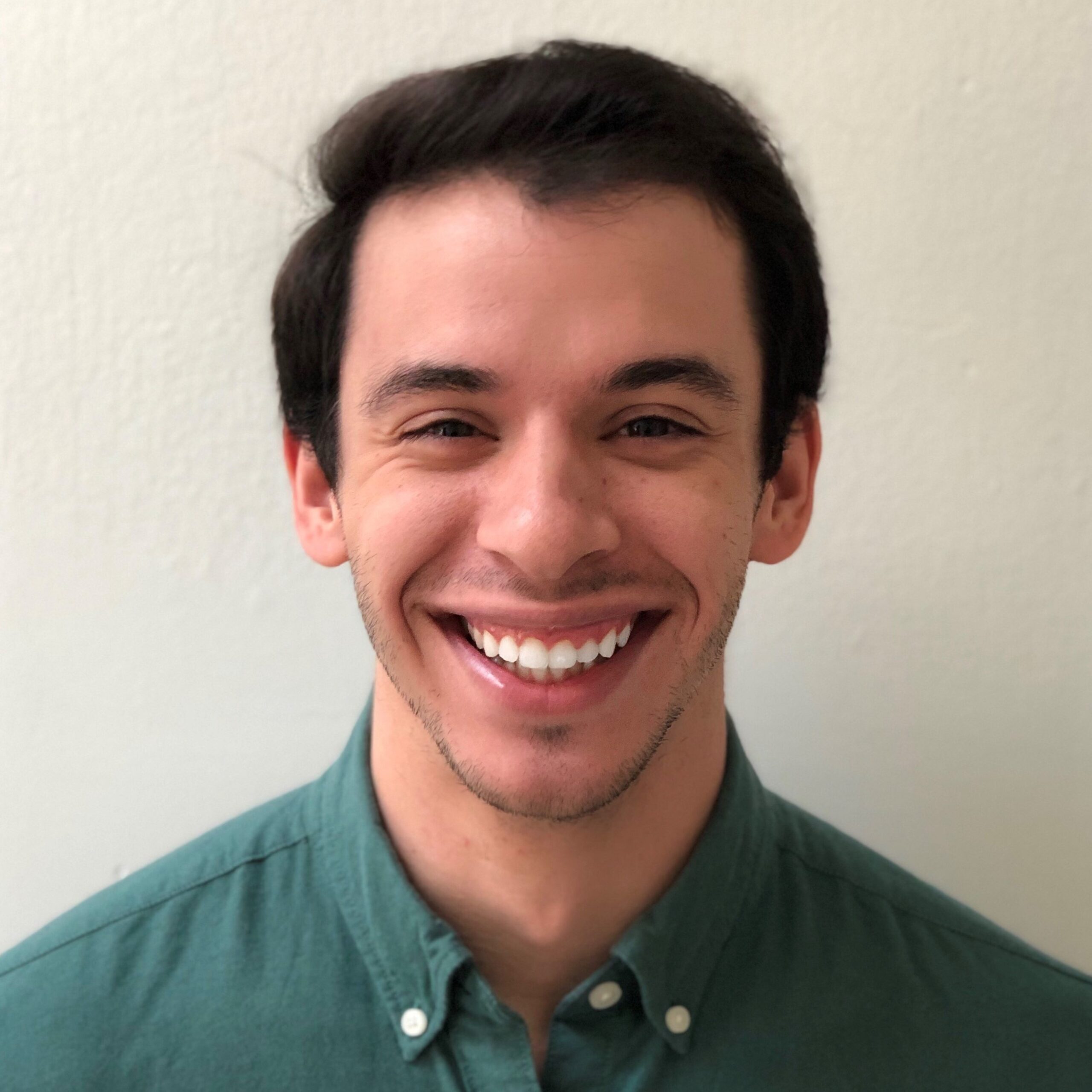
Dr. Carlos Martinez is an Advanced Study Placement (ASP) Postdoc at the National Center for Atmospheric Research (NCAR) in Boulder, Colorado. His research focuses on tropical climate variability and change, specifically on rainfall in the Caribbean and Central America. He also serves as Chair of the American Meteorological Society Committee on Spirituality, Multifaith Outreach, and Science (COSMOS) and works to relationally build the Weather, Water, and Climate Enterprise with spiritual/faith-based communities and organizations. He is a voting member of the Board on Representation, Accessibility, Inclusion, and Diversity (BRAID). He received his Ph.D. and M. Phil. in Earth and Environmental Sciences at Columbia University, and received his B.S. in Meteorology at Texas A&M University. Outside of his professional career he enjoys running, tex-mex, volunteering at the local LGBTQ+ Center, and is a member of the GreenFaith Boulder Circle organizing Committee.
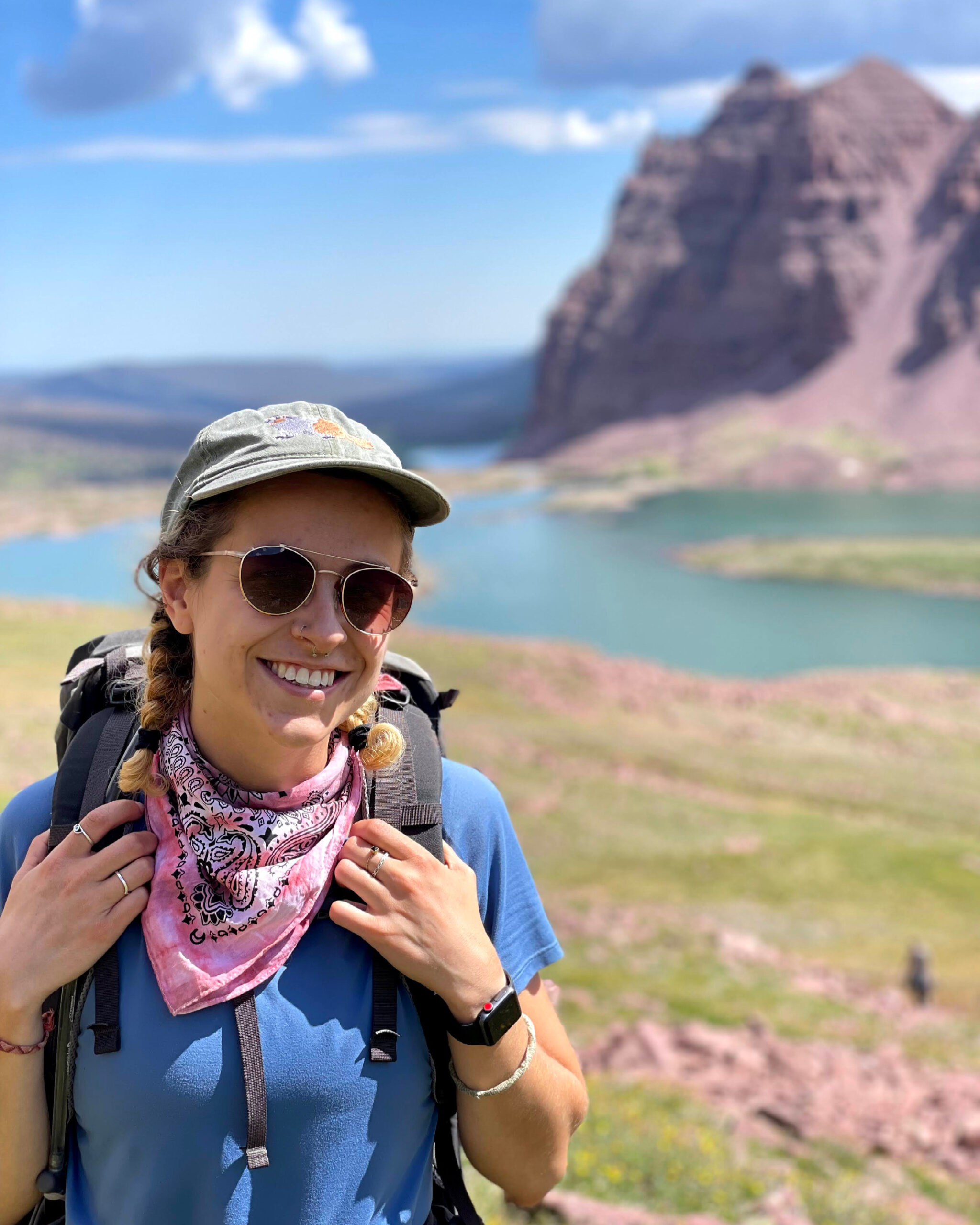
Irene Duba is a graduate student at The Rockefeller University in New York City, where she studies how DNA folds inside cells. She grew up in Minnesota, then received a bachelor’s degree in physics from Lewis & Clark College in Portland, OR. Irene has experience in science policy through the Science and Education Policy Association at Rockefeller, and is passionate about food justice and climate resiliency in the city. Irene is looking forward to working with communities to use science to advance their goals.
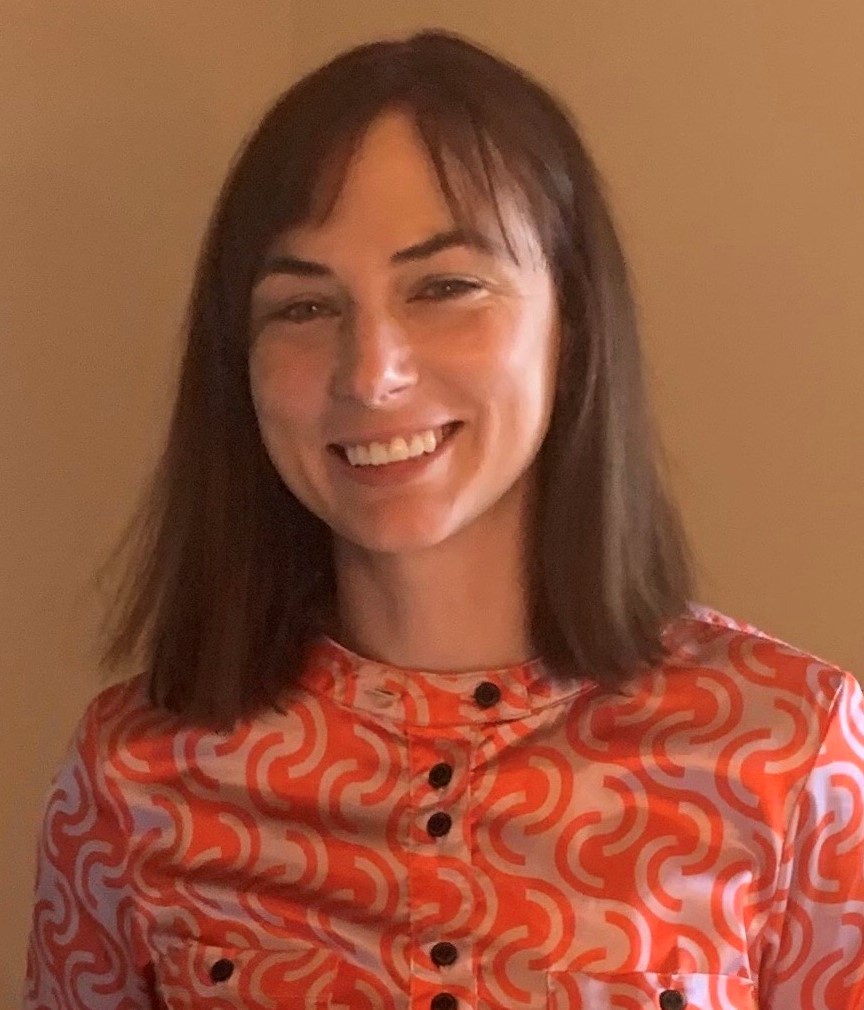
Lauren Miller has worked in conservation social science and natural resource management for nearly a decade. Prior to moving to Park County, Montana, Lauren worked for a nonprofit a small town in the northern Sierra on several projects at the intersection of community well-being and natural resource management. Projects included assessing community resilience to drought and wildfire, understanding the effectiveness of forest health and watershed management programs, analyzing risk management decision making on wildfire, and incorporating a “communities” component to the 2018 California 4th Climate Assessment for the Sierra. In 2019, Lauren joined the team at Yellowstone National Park as their social scientist. From contributing to data driven recommendations to encourage safe visitor behavior during Covid-19 to developing multi-agency proposals to address wildlife-human conflict, Lauren is proud to be part of the National Park Service. During her free time, she enjoys climbing, mountain biking and skiing in Paradise Valley, as well as exploring all the gems Montana has to offer with her husband, daughter and two dogs.
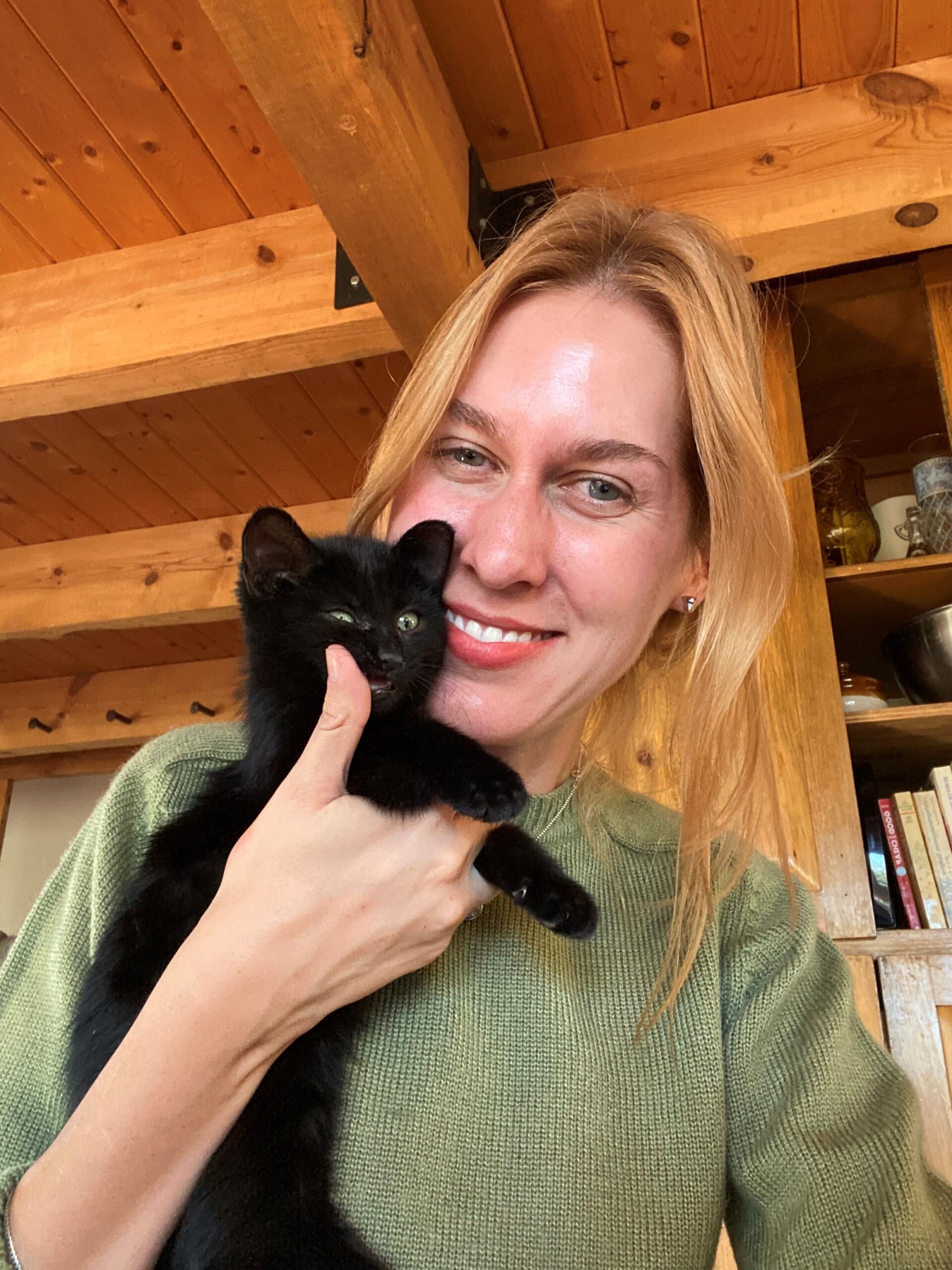
Leah Tevis (she/they) is a graduate student at New Mexico Tech. Leah studies geology with a focus on sediment transport within fluvial systems. She completed her first bachelor’s degree in fashion design from the International Academy of Design and Technology in Chicago. There she worked in the fashion industry, designing and buying, eventually moving into sustainable fashion. Leah then pursued a second bachelor’s degree in geoscience from the University of New Orleans, where they became involved in coastal geology and land nourishment projects. At New Mexico Tech, Leah is very active with outreach working on programs through the Earth & Environmental Science department, The Bureau of Geology, and the Master in Science Teaching program. Leah is passionate about making science accessible to everyone and breaking down systemic barriers in academia. With her background, Leah has worked on incorporating the arts and humanities into science education, believing they are all interconnected. Leah also works towards educating and outfitting people with the tools and resources to participate in humane animal welfare. She founded an animal protection association where she works closely with community members to create a healthy and safe environment for our animal friends. In her free time, she is a complete music nerd, a book hoarder, a creator (everything is an art project), an explorer, and a vegetarian/vegan foodie.
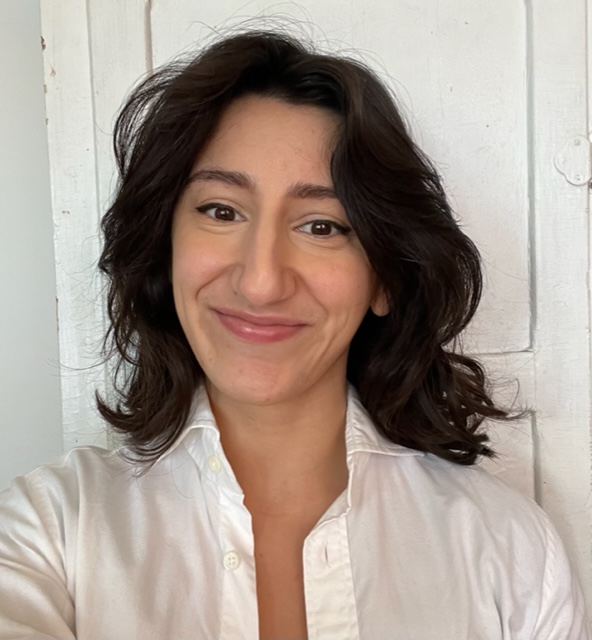
Nyla Husain (she/her) started her career as an engineer at a truck company before earning her Ph.D. from the University of Rhode Island’s Graduate School of Oceanography in 2020. For her Ph.D. research, she used a computer simulation to better understand wind-wave dynamics that can inform operational weather, wave, and climate forecasts. Her experiences communicating science and engaging with communities about the impacts of climate change led to her current role as a NOAA Sea Grant Knauss Marine Policy Fellow, where she’s had the opportunity to interact with stakeholders on a range of policy issues and learn the federal budgeting and appropriations processes for agencies like NOAA and NSF. She is interested in using her experience to help communities access the networks and resources they need to build resilience in the face of climate and environmental change. When she isn’t working, Nyla likes to watch documentaries, take long introspective walks, and cook large vats of curry.
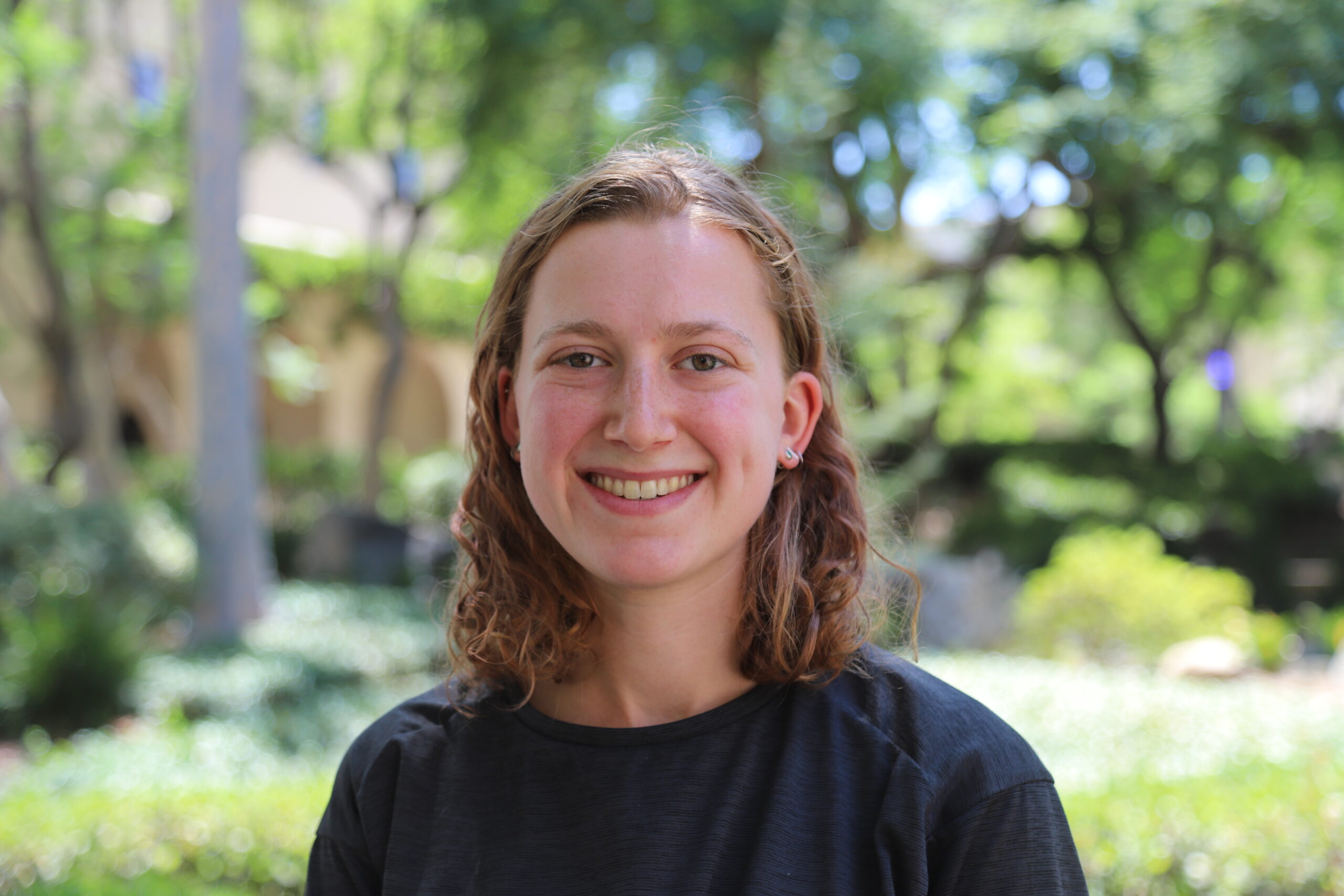
Red Willow Coleman holds a BS in Mathematical and Computational Biology with an emphasis in Environmental Analysis from Harvey Mudd College. Her research interests include mapping urban heat islands, urban environmental policy, and analyzing remotely-sensed imagery with machine learning. She is currently a Schmidt Academy Scholar at the California Institute of Technology, where she works as a software engineer for a neuroscience lab. In her spare time, she enjoys hiking, climbing, reading, and cooking good food.
